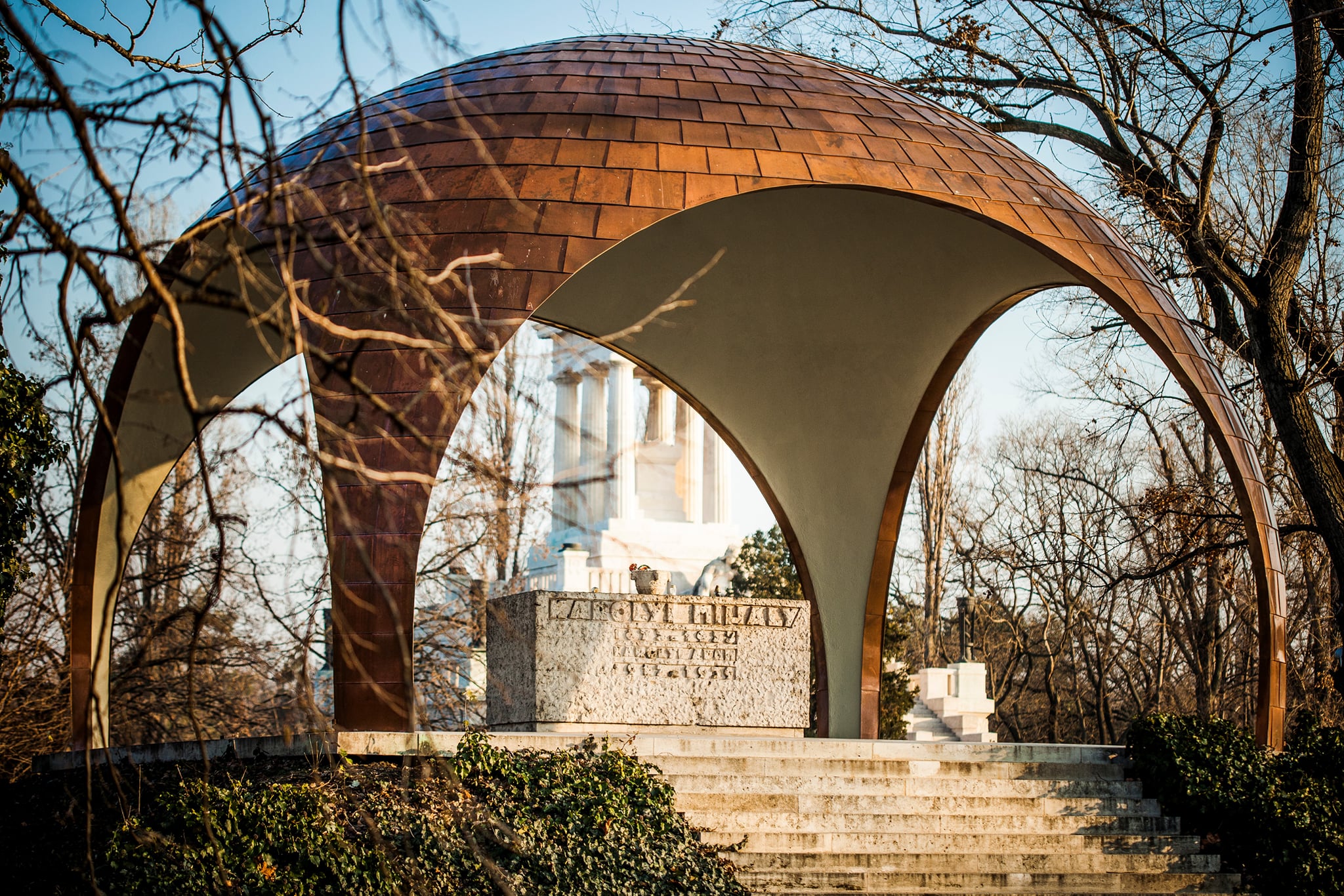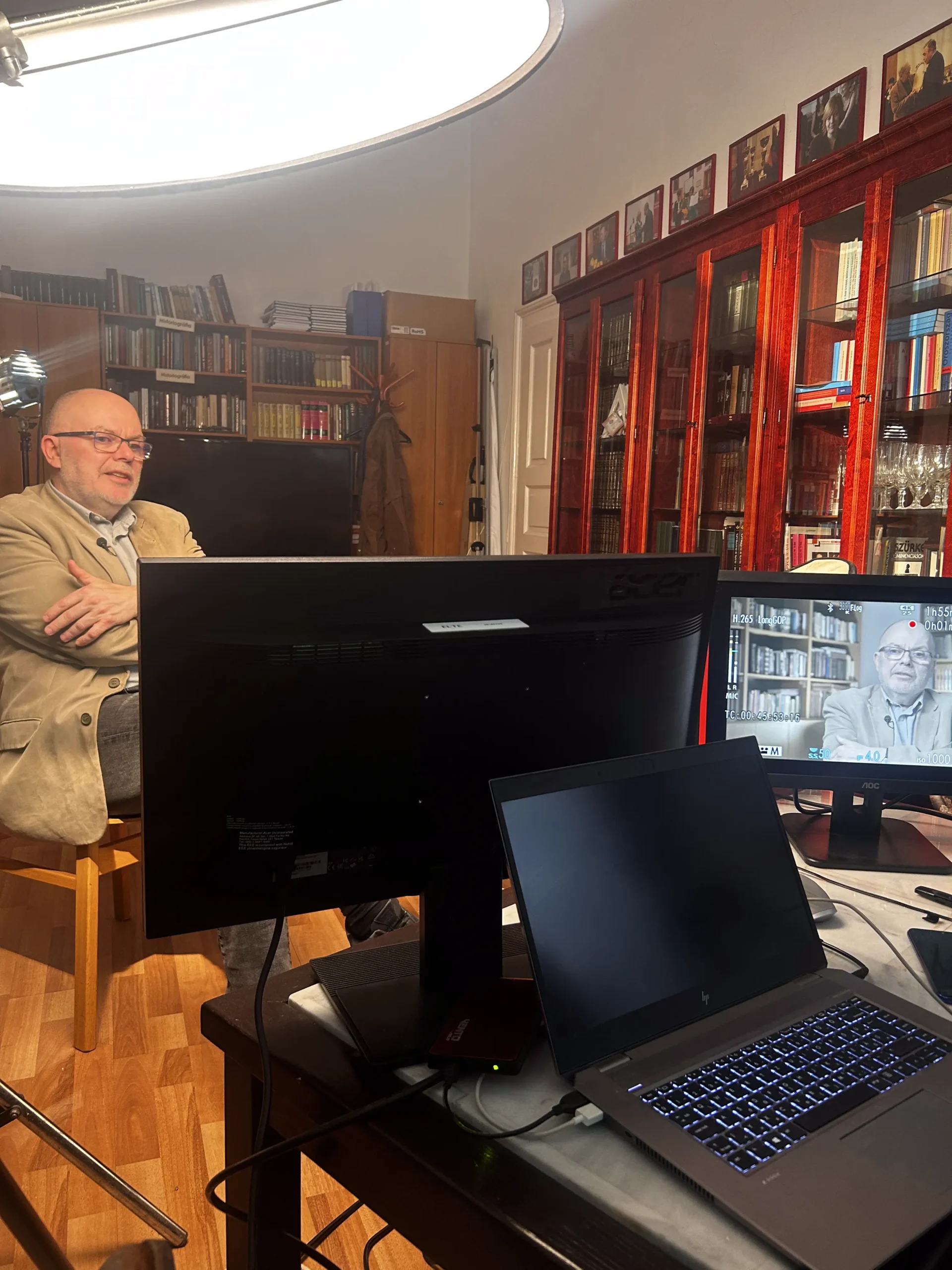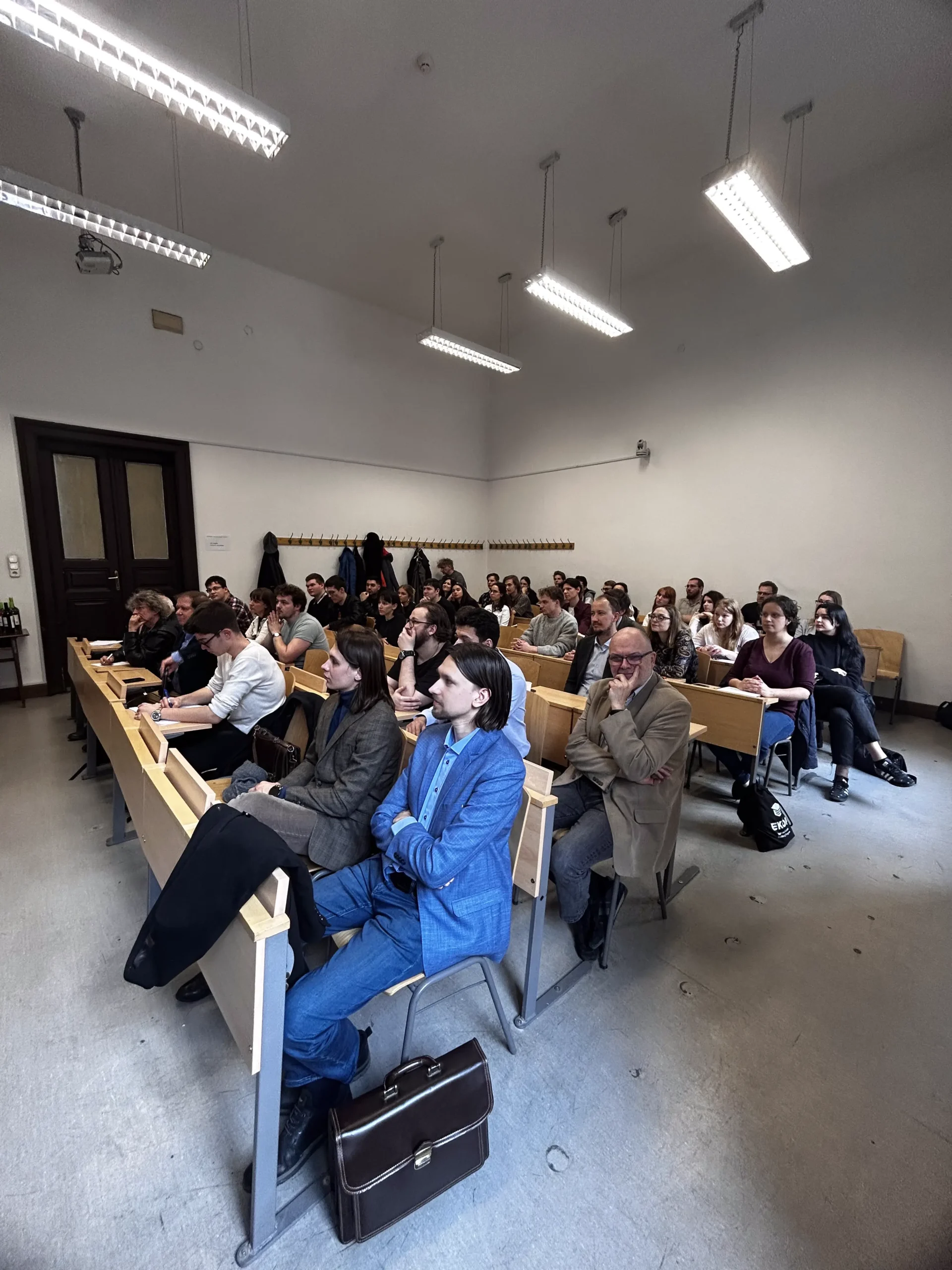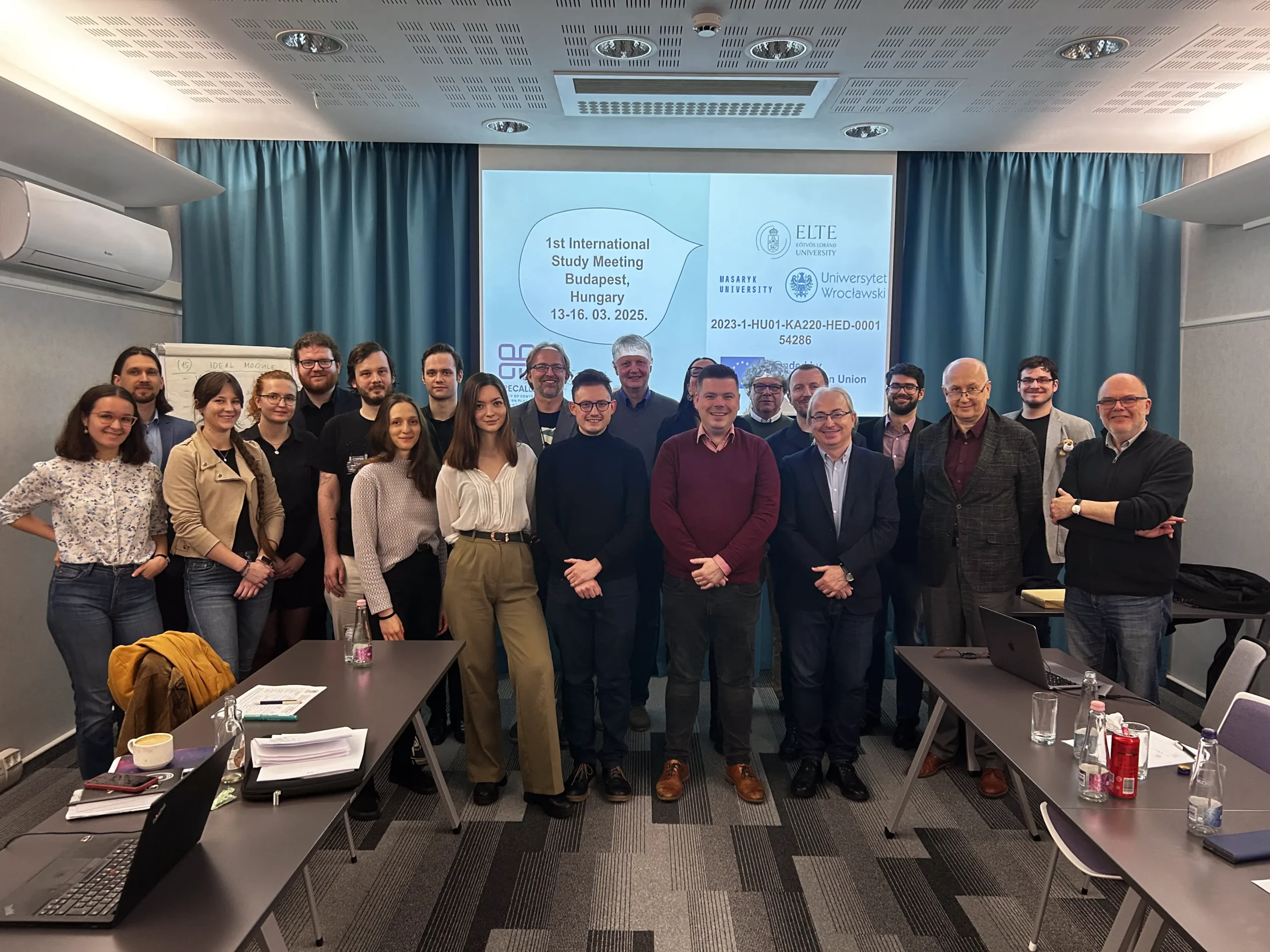Katinka Andrássy – The Countess with a Passion for Politics and Diplomacy – Fiume Road Graveyard
Fact of the Hungarian figure „Margit Schlacta – The first woman to be elected to the Hungarian Parliament”
Part of the „The emancipation of women” topic
Countess Katinka Andrássy, born into one of Hungary’s most influential noble families, played a crucial role in the political and social transformations of early 20th-century Hungary. Her marriage to Mihály Károlyi, a leftist politician and Prime Minister during the turbulent period of 1918–1919, placed her at the heart of significant historical events. Katinka was a strong supporter of her husband’s political ambitions, sharing his radical views on social reform and Hungary’s future. Together, they aimed to transform Hungary into a more democratic and egalitarian society after the First World War.
As Hungary’s first lady during Károlyi’s short-lived government, Katinka Andrássy was deeply involved in her husband’s efforts to implement social and political reforms. After Károlyi’s fall from power in 1919 and the subsequent rise of conservative forces, the couple was forced into exile. Their exile journey took them first to Italy, then to France, and finally to England. During this period, Katinka remained a steadfast political ally to her husband and became an important diplomat in her own right, maintaining connections with political figures and advocating for Hungary’s interests abroad.
After World War II, the couple briefly returned to Hungarian politics when Károlyi was appointed Ambassador to France in 1946. However, the communist takeover in Hungary forced them into exile once again. During this second exile, Katinka dedicated herself to completing her memoirs, which serve as an invaluable source of insight into Hungarian history and the life of noble families during this period.
Her memoirs provide a unique perspective on the early 20th century and reflect her deep involvement in political affairs. Katinka Andrássy’s active role in her husband’s political career and her own contributions to diplomacy made her an important figure in Hungary’s political landscape. Her legacy, memorialized in Budapest’s Fiumei Cemetery, highlights the significant role aristocratic women like her played in shaping the political and cultural developments of their time. Katinka Andrássy’s life story is an important chapter in Hungary’s history, reflecting the complexities of politics, exile, and the struggle for progressive change during one of the most critical periods in Central Europe.





